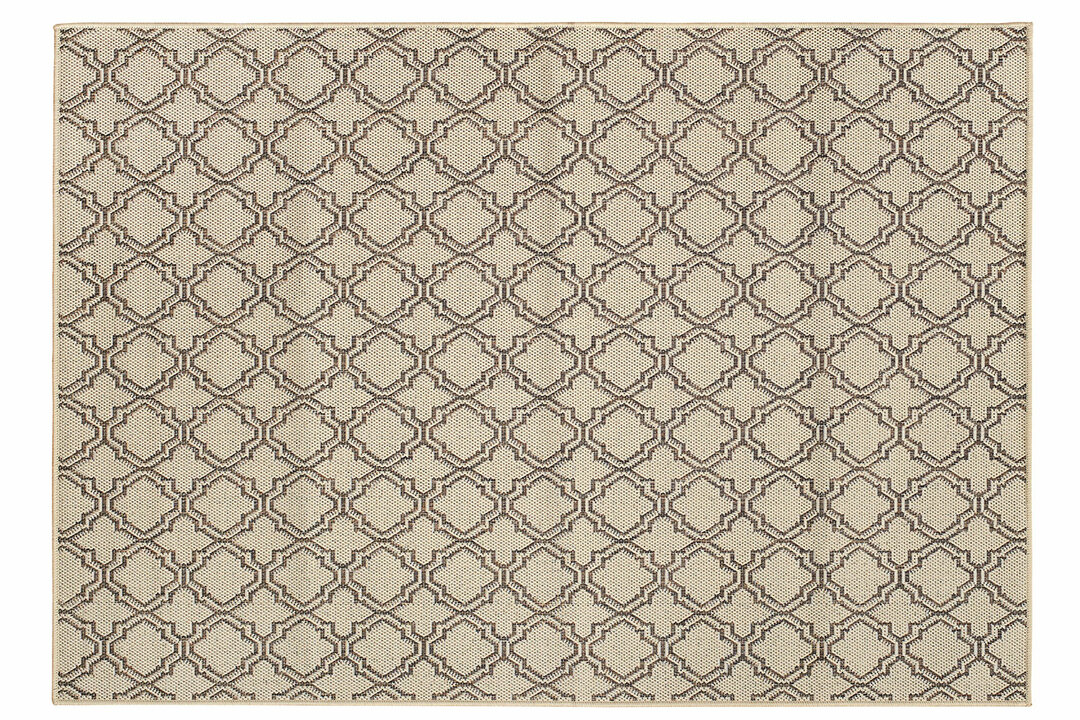As you probably already guessed, the name of the style is composite, it came from two different design directions ─ Scandinavian and Japanese motives. From each of them, the new style took something of its own: from the Scandinavian it inherited practicality, orderliness, comfort and love for natural materials. And from Japan - minimalism, simple lines and exceptional functionality of all items. We will make a quick overview of the style based on the key points of japandi - a trend that is only gaining momentum in the fashion design industry.
Read in the article
- 1 Using hidden storage systems
- 2 Simple forms prevail without frills
- 3 Using low furniture
- 4 Choice of colors and shades
- 5 Textiles and fabric selection
Using hidden storage systems
The apartment, typical of this trend, has many hidden storage areas. Most often, pull-out baskets and drawers are located in dressing rooms, corridors and walk-throughs. The usual niche-boxes are used. drywall, mainly with a closed back wall.
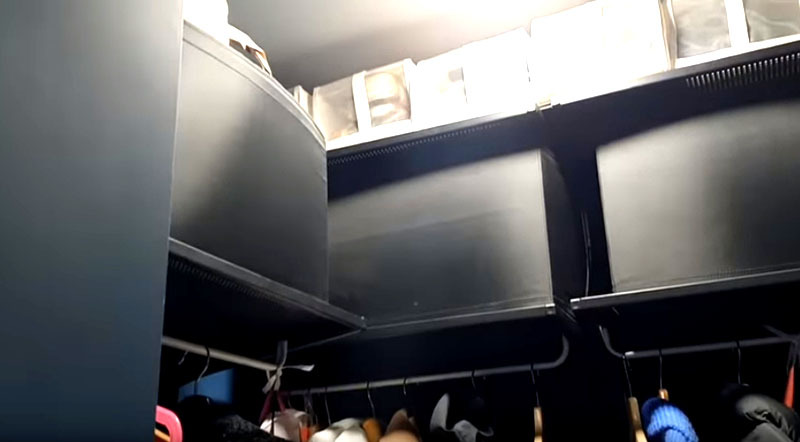
Simple forms prevail without frills
The peculiarity of this style lies in the fact that first of all you pay attention to the functionality of the object or thing, and only then to the appearance. The beauty is in its maximum simplicity. The simpler and more functional a thing, the more it fits the japandi style.
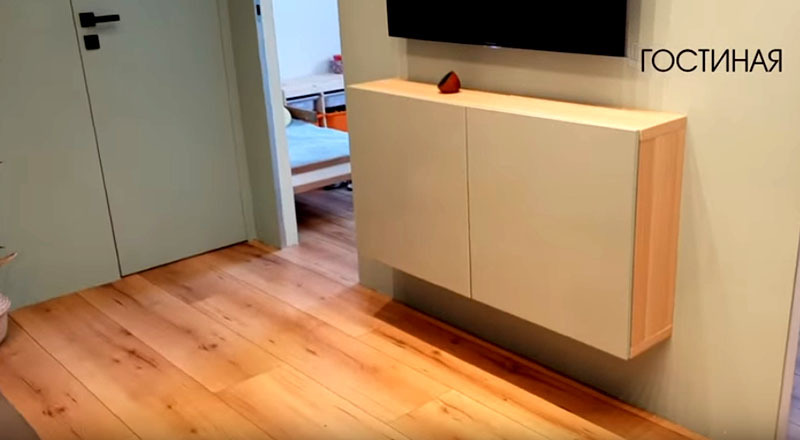
Using low furniture
If this sofa - that is necessarily on low legs. This trait is an unconditional tribute to Japanese culture. The furniture is simple and laconic, with clear lines and maximum functionality.
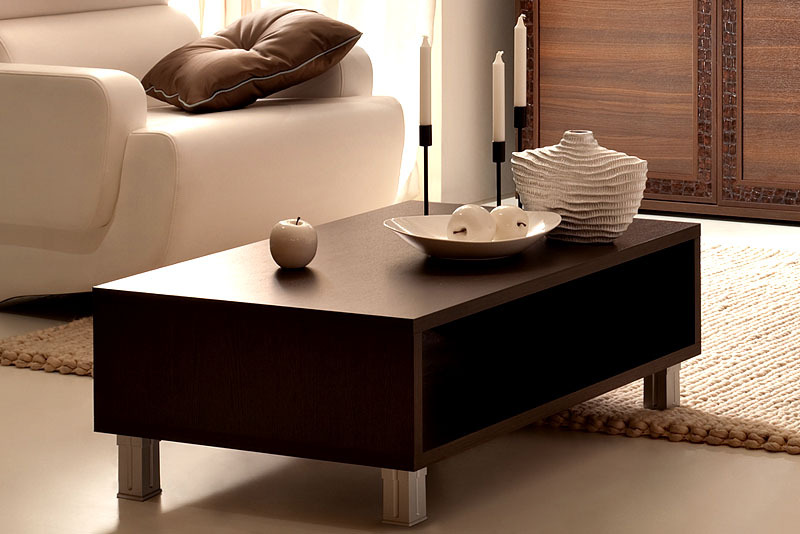 PHOTO: kurazh-mebel.ru
PHOTO: kurazh-mebel.ruChoice of colors and shades
The style is based on the calm, slightly subdued design of the home, which is traditionally inherent in the Scandinavian style. Color spectrum close to natural, restrained, often it can be earthy or very light shades. Japandi is characterized by some imperfection, even hand-made textures. This can be manifested in the choice of natural, untreated finishing materials, for example, the choice in favor of hand plaster with a non-uniform surface. One should get the feeling that the interior is made by hand.
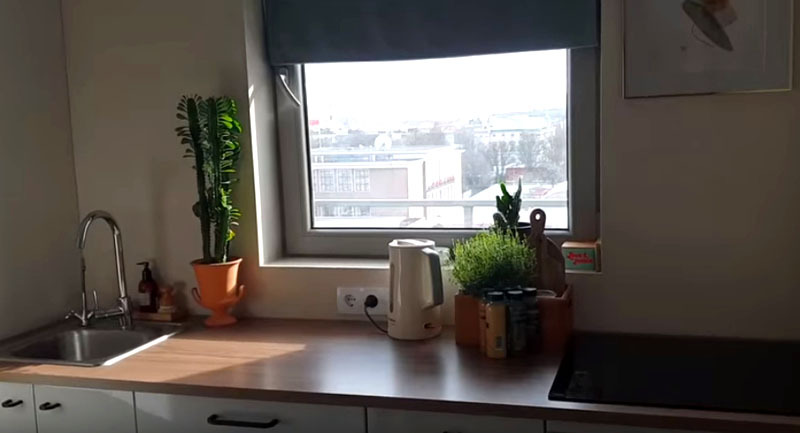 PHOTO: YouTube.com
PHOTO: YouTube.comThe japandi-style interior is distinguished by a skillful combination of straight lines and proportions with natural materials. irregular shape: next to a geometrically adjusted bed can be a large disproportionate interior flower.
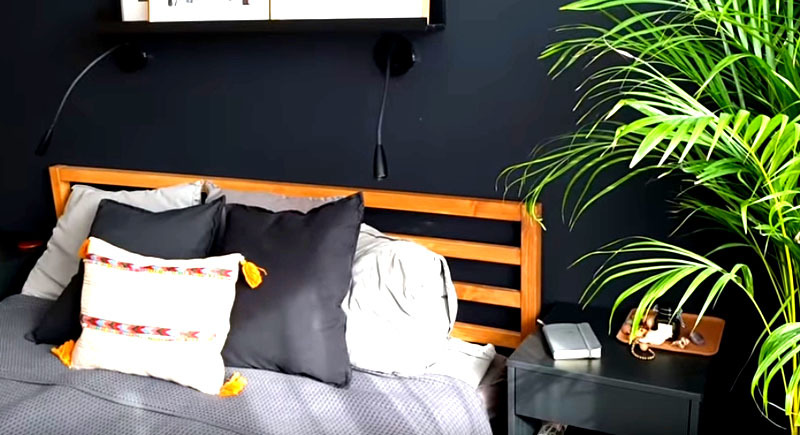 PHOTO: YouTube.com
PHOTO: YouTube.comTextiles and fabric selection
Japandi does not like bright and pretentious colors. Here, a calm ─ either light or dark ─ tone, diluted with milky or woody shades, is most often used. Fabrics are chosen most often in contrast to the main range. Very often you can see cotton and even raw linen in the design of curtains and curtains.
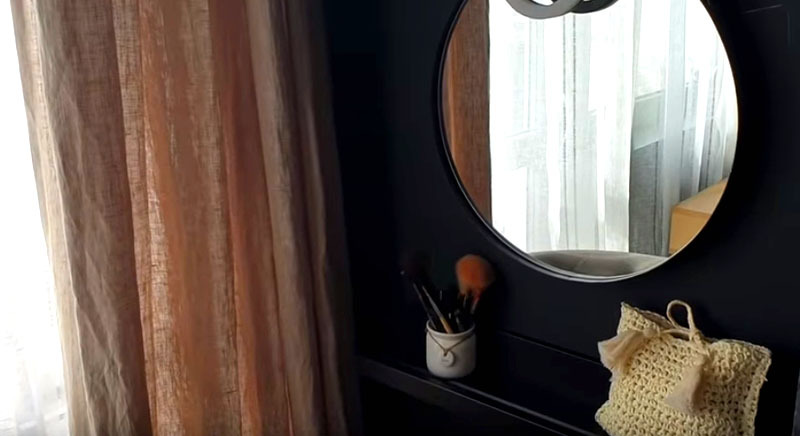 PHOTO: YouTube.com
PHOTO: YouTube.comIf you are still in doubt how to distinguish this style from others, remember one rule: japandi is the exact opposite. boho. Here you should avoid bright colors and accents, catchy ornaments, many details. Your interior should look like some kind of eco-friendly minimalism.
If you liked our short review, be sure to like it and subscribe to our channel.


